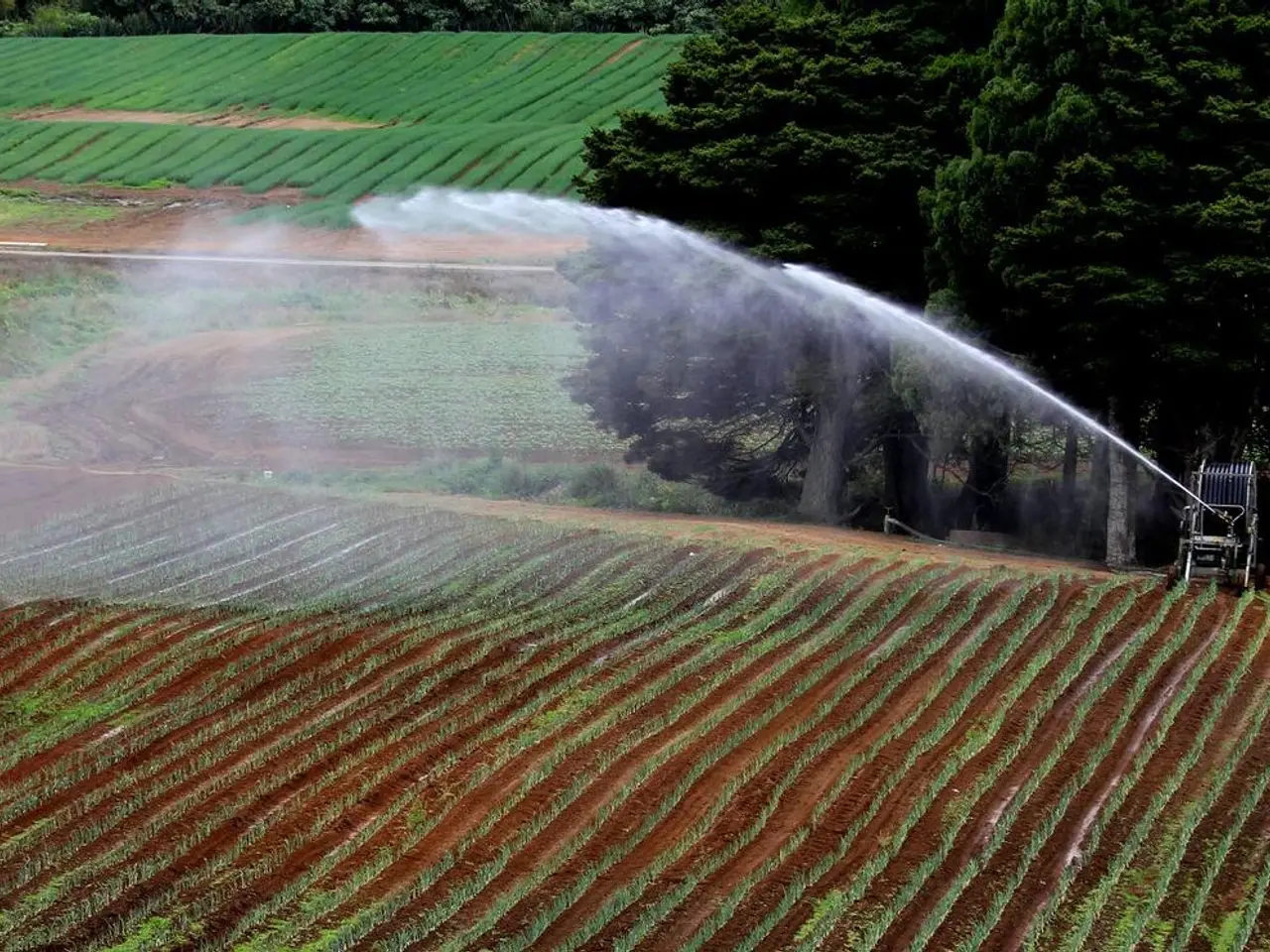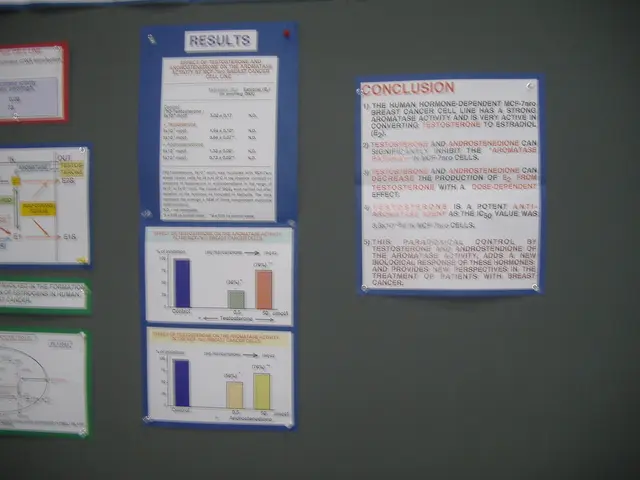Toxic American Cuisine: Laden with Harmful Substances, High in Fiber
In a series of recent statements, environmental activist Robert F. Kennedy Jr. has expressed his concerns about the current state of the American food system and the role of the United States Department of Agriculture (USDA).
Kennedy Jr. believes that children are being mass poisoned through food labeled as safe, and that there are chemicals in the food supply that should not be there. He also claims that chemicals approved by the FDA, USDA, and Environmental Protection Agency (EPA) have not been adequately tested for safety.
The activist has plans to incentivize the transition to organic and regenerative agriculture, aiming to regenerate depleted soil microbiomes for better food production and to encourage farmers to produce nutritious and healthy food. He also intends to use scientific research to combat chemical agriculture.
Kennedy Jr. has been vocal about the influence of big agricultural interests on the USDA. He stated that the USDA has been captured by these interests, making war on small farmers and public health by often prioritizing large-scale industrial agriculture, trade policies favoring big agribusiness, and energy subsidies that can conflict with farmland preservation and food security.
The confirmation of Luke Lindberg as USDA Under Secretary for Trade and Foreign Agricultural Affairs further highlights this alignment. Lindberg's appointment, supported by major agricultural trade groups, signals continued USDA focus on expanding global markets primarily benefiting large-scale farmers and commodity producers, possibly sidelining smaller farms that struggle with market access and competitive pricing.
Moreover, USDA’s recent rollback of subsidies for solar projects on prime farmland was supported by agricultural and energy officials, reflecting USDA’s prioritization of “food security” framed in terms of large-scale agricultural output. This action potentially limits innovative energy solutions and smaller farmer activism in sustainable energy transition.
Rising costs, such as higher interest rates on operating loans, affect farmers differently depending on their size. While many small and lifestyle farms may avoid debt, larger operators absorb increases in borrowing costs more significantly. This reflects USDA’s broad definition of farms and suggests policies and economic conditions that may disadvantage small farmers who lack the scale or capital to adapt easily.
Although not explicitly detailed in the search results, Kennedy Jr.'s concerns about public health indicate that the USDA’s close partnership with big agricultural and energy interests tends to prioritize production volume and commodity exports over diversified, sustainable, and health-promoting agriculture. This can negatively influence nutrition policies and limit support for smaller farmers who often produce diverse and local food varieties better for public health.
In summary, Kennedy Jr.'s calls for change in the food system aim to produce healthier and safer food, regenerate depleted soil microbiomes, and incentivize the transition to organic and regenerative agriculture. His concerns about the USDA's alignment with big agribusiness and commodity trade interests highlight the need for policies that prioritize small farmers, public health, and sustainable agriculture practices.
Read also:
- Trump's SNAP reductions and New York City Council's grocery delivery legislation: Problems for city residents highlighted
- Reducing dental expenses for elderlies in Sweden: Over 50% cut in charges for pensioners by the government
- Forty-year-old diet: A list of meal choices to savor
- Exiled Life's Conundrum: A Blend of Liberation, Disillusionment, and Distress







